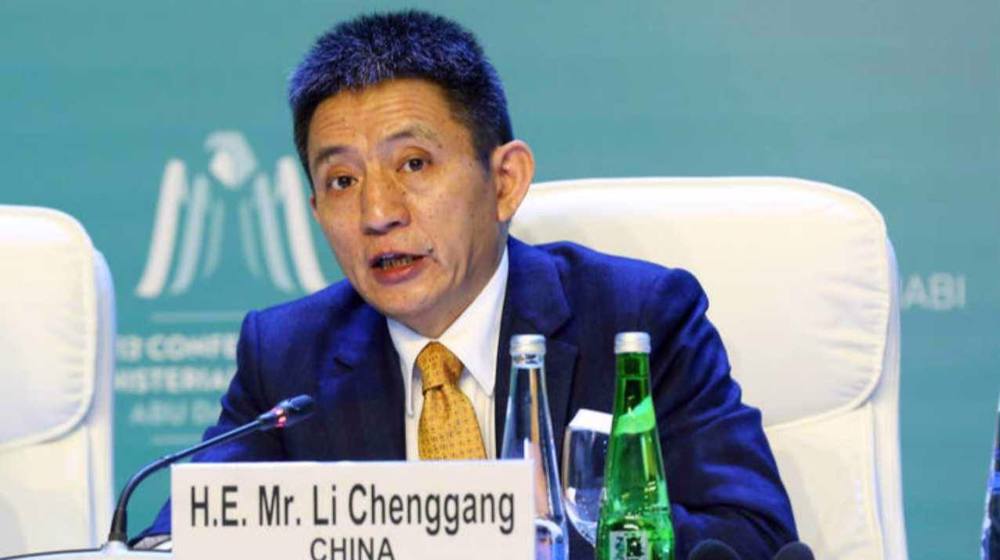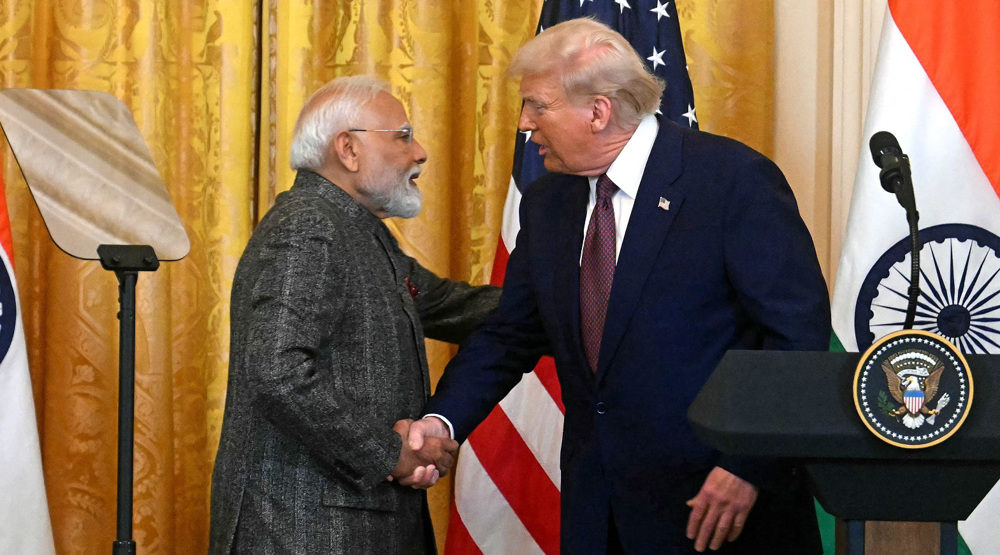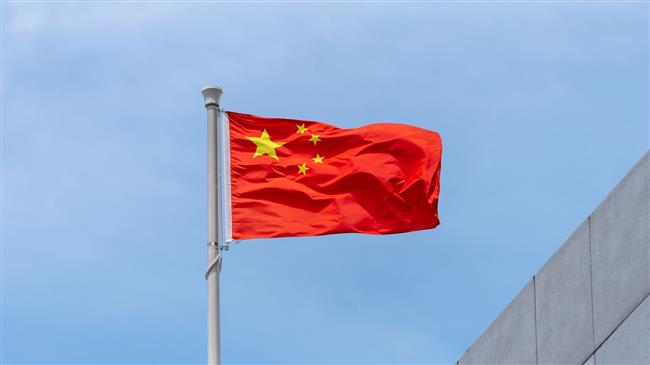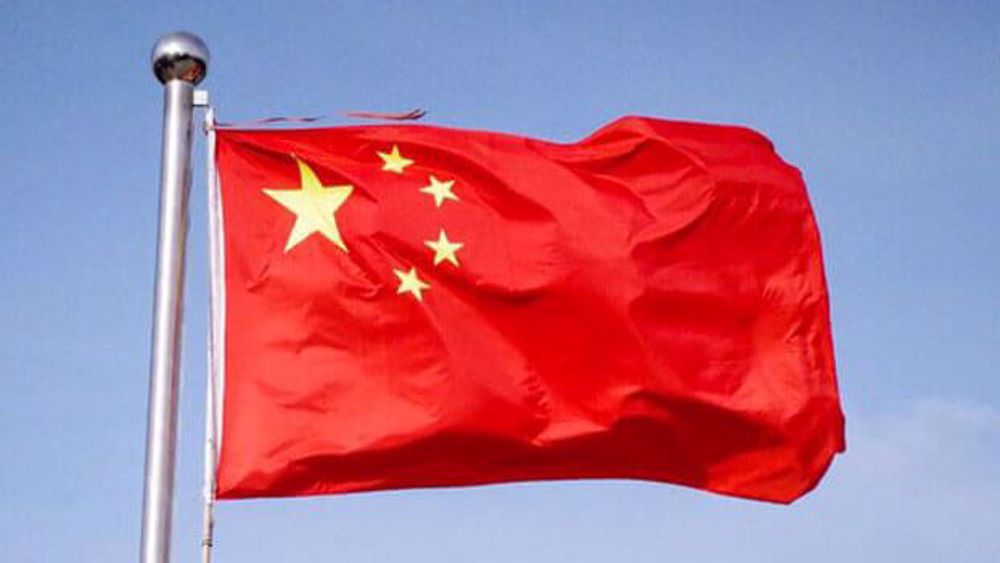China asks Lithuania to recall envoy over decision to allow Taipei to open embassy in Vilnius
China has called on Lithuania to withdraw its ambassador from Beijing and said it would recall its own envoy to the Lithuanian capital in protest at the Baltic state’s decision to allow Chinese Taipei to open a de facto embassy in Vilnius.
China’s Foreign Ministry made the call in a statement on Tuesday after Taipei announced last month that it would open a diplomatic outpost under the name of “Taiwan” in Lithuania, the first time the self-ruled island uses that name for one of its offices in Europe, as normally only “Taipei” is used.
“The decision brazenly violates the spirit of the communique on the establishment of diplomatic relations between China and Lithuania and severely undermines China’s sovereignty and territorial integrity,” the Chinese Foreign Ministry statement said. “The Chinese government expresses its categorical opposition to this move.”
The ministry also announced that Beijing had decided to recall its envoy, Shen Zhifei, and demanded that the Lithuanian government, in turn, recall its ambassador to China, Diana Mickeviciene.
“We urge the Lithuanian side to immediately rectify its wrong decision, take concrete measures to undo the damage, and not to move further down the wrong path,” the statement added.
Lithuania also plans to open a representative trade office in Chinese Taipei by the end of the year and has by-passed Beijing to donate 20,000 COVID-19 vaccine doses directly to the self-governed island.
The Chinese ministry statement also warned the authorities in Taipei that the self-ruled island’s presumed path to independence was a “dead end and any attempt at separatist activities in the international arena is doomed to fail.”
Responding to the Chinese statement, Lithuania’s Foreign Ministry expressed regret about Beijing’s call but said it was determined to develop mutually beneficial relations with Taipei while respecting the “One China” principle.
Beijing has sovereignty over the self-ruled Chinese Taipei, and under the “One China” policy, almost all world countries recognize that sovereignty, meaning that they should not have direct diplomatic contact with the self-proclaimed government in Taipei.
Chinese Taipei’s president Tsai Ing-wen has independence aspirations and views the island as a sovereign state, rejecting the One China principle.

China condemns ‘unilateral and arbitrary’ US tariffs

China warns US, India after Trump surge in arms sales to New Delhi

US makes debut passage through Taiwan Strait under Trump's new administration
Hezbollah's display of power proved resistance cannot be eliminated: Iran parl. speaker
Israel escalates West Bank raids as official says regime seeking to complete Gaza genocide
Australian senator smeared by anti-Iran groups for saying Iranian women 'have a voice'
Palestinian man dies in Israeli prison as Foreign Ministry urges intl. probe into regime’s crimes
Putin says not opposed to Europeans’ involvement in Ukraine talks
VIDEO | Iranian Kurdish protesters demand European action against PKK, PJAK terror
VIDEO | Israel expands offensive in northern West Bank, deploys tanks to Jenin
VIDEO | Spaniards fill streets of Cádiz in solidarity with Palestine








 This makes it easy to access the Press TV website
This makes it easy to access the Press TV website